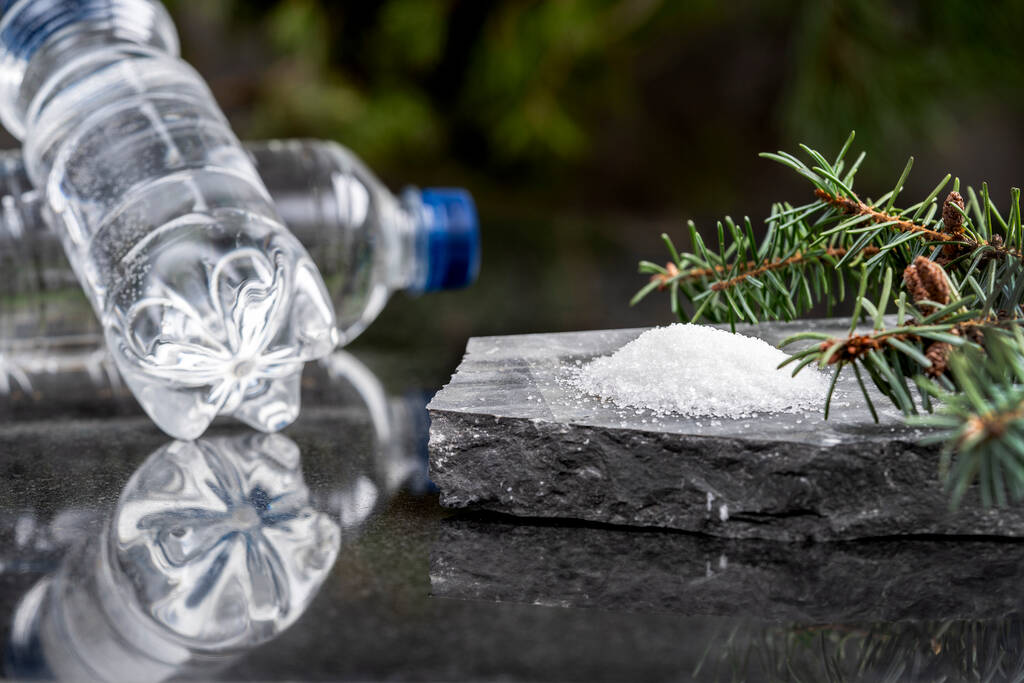Ok, so I’m bummed out by my test score last night that I’m just going to sulk for awhile and watch videos.
Actually here is a cool video (even though I don’t understand Dutch) that I retweeted from @biobasedchem about the possibility of a biobased economy.
[youtube=http://www.youtube.com/watch?v=N_Be7cLMJYI&w=420&h=315]
Europe has been in the forefront of trying to put in policies to create a bio-based economy, which the European governing body European Commission defined as “economy using biological resources from the land and sea, as well as waste, as inputs to food and feed, industrial and energy production.”
The term bioeconomy in Europe also includes the use of bio-based processes for sustainable industries. In fact, according to the European Commission, the EU bioeconomy already has a turnover of nearly EURO 2 trillion, and employs more than 22m if it covers agriculture, forestry, fisheries, food and pulp and paper production as well as parts of chemicals, biotechnological and energy industries.
Unfortunately, it still ain’t easy being green in Europe these days given the financial instability in several Western European markets and investors are very prudent in keeping their hard-earned euros.
According to SusChem — which stands for the European Technology & Innovation Platform for Sustainable Chemistry launched in 2004 by trade groups Cefic and EuropaBio — the European manufacturing industry, however, remains committed to revitalize the European economy and this time using innovation coming from sectors such chemical and biotechnology.
If you look at the manufacturing sector especially in Europe, most of the innovation nowadays has the word sustainability attached to it – whether it’s in the raw materials, energy use, processing, intermediates, supply chain, transportation, product applications, or product disposal.
SusChem and its partners launched an initiative called SPIRE (Sustainable Process Industry Through Resource and Energy Efficiency) which unites all major process industries and aims to reduce fossil energy intensity in industrial processes by up to 30% and reduce non-renewable, primary raw material use by 20%.
[youtube=http://www.youtube.com/watch?v=ki8sDZR_G7c&w=420&h=315]
Many of the major chemical firms based in Europe are on-board with a bio-based economy such as DSM, BASF, Evonik, Solvay, AkzoNobel, Bayer MaterialScience, Lanxess, Henkel, Versalis, Clariant, etc.
This year, the European Commission has launched an action plan dubbed: “Innovating for Sustainable Growth: A bioeconomy for Europe,” that will focus on developing new technologies and processes for the bioeconomy; developing markets and competitiveness in bioeconomy sectors; and pushing policymakers and stakeholders to work together.
The Commission’s proposal is one of the operational proposals under the Innovation Union and Resource–efficient Europe flagships of the EU 2020 strategy. The need to increase public funding for bioeconomy research and innovation has already been recognised under the Commission’s future research programme Horizon 2020, according to the agency.
EU member states such as Denmark, Finland, Germany, Ireland and the Netherlands are said to have their own Bioeconomy strategies in place already.
The European chemical trade group Cefic presented in June its views about the “Bioeconomy” proposal and stated that biobased economy will indeed play an increasingly significant role in the chemical industry in the future.
“Although our industry will undoubtedly remain predominantly petrochemicals-based in the coming decades, there is potential for greater use of bio-based feedstock. Cefic has therefore, a high level of engagement in the development of the bioeconomy.”- Cefic
Cefic also noted that the chemical industry has already been involved in the bioeconomy for years citing examples as sugars and starches use in production of specialty chemicals such as enzymes, vitamins, organic acids, amino acids, polymers and thickeners; animal fats and vegetable oils for surfactant manufacture in detergents and coatings applications; natural extracts in personal care and cosmetics use.
In a 3-page document presented to the European Commission in June, Cefic also pointed out 3 key factors for a successful bioeconomy in Europe:
- Access to renewable feedstock – global market prices a key issue
- Innovation – requires massive investment from both public and private
- Market-driven demand generation – sustainability criteria based on sound science and reliable data needed
This year in May, Cefic published its first sustainability report reviewing the European chemical industry’s performance under the pillars of economic development (Profit), social development (People) and environmental protection (Planet). I’m sure you’ve heard these 3Ps before somewhere…
Cefic also published in July a guide on defining a “sustainable chemical” and how smaller companies can evaluate and develop their bio-based products portfolios based on sound science. Topics in the guide ranges from general product stewardship considerations to specific tools and methods such as Life Cycle Assessment (LCA), and environmental footprint methodologies.




